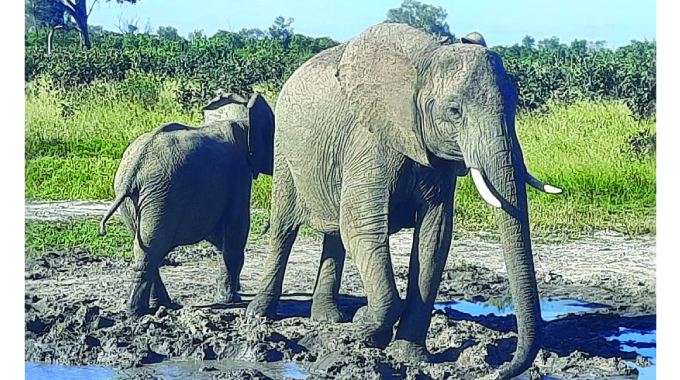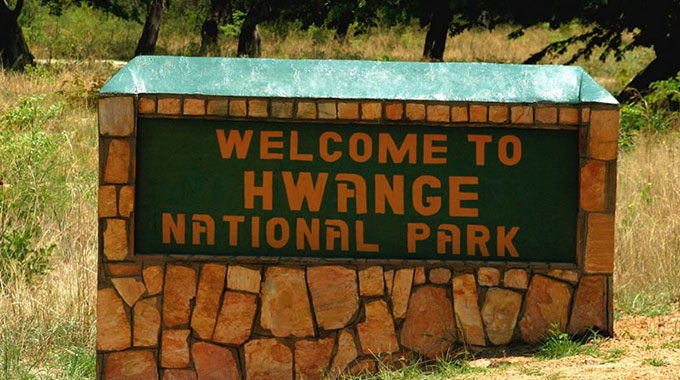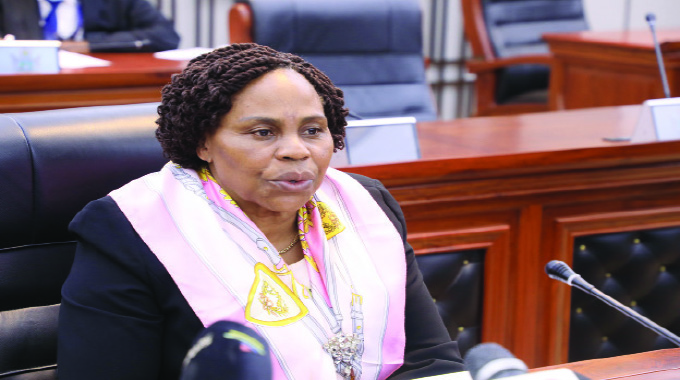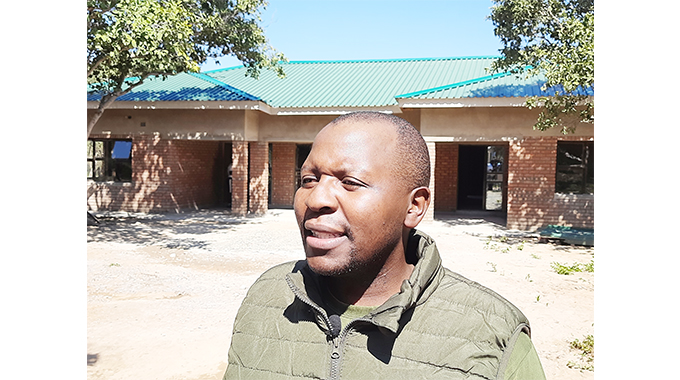Elephants research to be on spotlight at conference

Leonard Ncube and Sikhumbuzo Moyo, Chronicle Reporters
ZIMBABWE is set to host an African Elephant Summit in Hwange starting on Monday ahead of an inaugural aerial elephant survey that will begin in July.
For the Zimbabwe Parks and Wildlife Management Authority (Zimparks), the two events are historic as they will shape the future of wildlife, particularly elephant management.
Sixteen African Ministers, environmental experts and animal rights activists as well as development partners are scheduled to attend the summit to be held in the Hwange National Park.

The conference is in preparation for the continent’s participation at the CITES 19th Conference of Parties (COP 19) in November in Panama.
Information, Publicity and Broadcasting Services Minister Monica Mutsvangwa on Tuesday said the conference will provide technical and scientific research on African Elephant conservation and management.
Minister Mutsvangwa said the conference will kick off with a two-day technical officials meeting which will be followed by a one-day ministerial meeting.
The meeting’s three major objectives are to come up with an African position regarding wildlife management, take stock of successes and failures and craft a way forward with regards to ban on sale of ivory by the Convention on International Trade in Endangered Species of Wild Fauna and Flora (CITES).
At the moment, Zimbabwe is sitting on more than US$600 million worth of ivory stockpile that it is failing to sell despite the fact that the revenue can sustain wildlife management programmes for 20 years.

Minister Monica Mutsvangwa
The major output from the forthcoming indaba is expected to be a Ministerial Declaration on African Elephant Conservation set to be referred to as the Hwange Elephant Declaration. The ministerial declaration will most likely contain calls by African governments for the COP 19 Conference to lift the 1989 ban on the international ivory trade to allow countries like Zimbabwe to sell ivory and also help reduce the elephant population that is estimated to be around 100 000 against a specific habitat of 45 000.
The overpopulation has resulted in increased human-wildlife conflict, especially in areas bordering game parks which has also resulted in the loss of precious human lives, especially in the resort city of Victoria Falls. Zimparks has reported that 35 people have been killed by elephants since the beginning of the year. In 2021 the jumbos were responsible for the deaths of 72 Zimbabweans.
Zimparks headache is the ever-growing elephant population which according to the wildlife authority spokesperson Mr Tinashe Farawo, is an ecological disaster in waiting.
“We are going to have an elephant summit in Hwange from the 23rd to the 26th with the objective of having conservationists speak with one voice on wildlife conservation and elephant management.
“We want to take stock of successes and failures and also see how we can monetise and benefit from ivory stockpiles. We want to discuss the way forward as Africa because decisions are coming from people who have never seen an elephant or gone to affected communities,” said Mr Farawo.

Mr Tinashe Farawo at Makona Camp
He said Zimparks was aware of how communities adjacent to game parks bear the brunt of conflict.
Mr Farawo said Zimbabwe and other African country states are holding the conference because they are big players in wildlife conservation.
“We are big players and want to be given a big voice,” said Mr Farawo.
He said the proposed elephant aerial survey will help planning.
“We last did a proper survey in 2014 besides the game counts at waterhole. We are simply saying the margin of error of waterhole count is big hence we will know what we have after the survey. We will know how best we can plan going forward because decisions should be made based on fact and science,” he said.
An aerial survey being spearheaded by the Kavango-Zambezi Transfrontier Conservation Area (Kaza-TFCA) in Angola, Botswana, Namibia, Zambia and Zimbabwe, is expected to help member states map a way forward regarding sustainable management of elephant population.
The survey will start in July and end in August 2022 with an expected cost of nearly US$3 million.
The bloc has the largest contiguous transboundary elephant population in the world on a geographic scope of approximately 520 000km².
The countries have since appointed conservationist and wildlife expert Mr Darren Potgieter of South Africa as the aerial survey co-ordinator.
Culling the jumbos and relocating some from overpopulated areas to underpopulated game parks is the long-term solution but this is opposed by international wildlife organisations who are blind to the human wildlife conflict that is ongoing in communities adjacent to national parks.
Mr Farawo said because of overpopulation animals are also becoming a danger to themselves.
Ecologists have also warned about extinction of acacia trees which are habitat for giraffes and are being destroyed by elephants which also feed on their backs thereby leaving the debarked trees to dry. – @ncubeleon









Comments